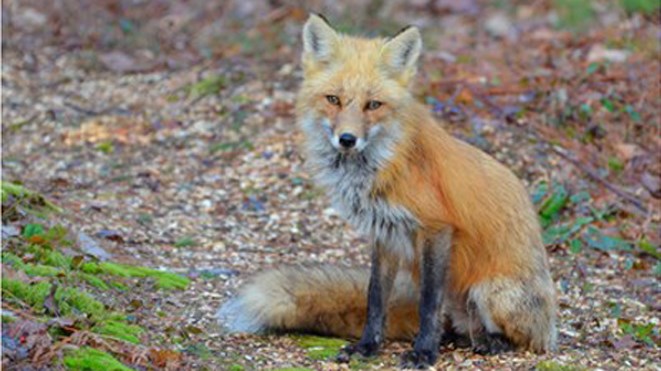With growing animal rabies cases being reported in Southern Ontario, the Sudbury and District Health Unit is reminding everyone of the importance of reporting all animal bites and scratches.
Public health inspectors investigate all reported incidents to determine the risk of transmission of rabies to humans.
Rabies is a deadly disease that affects humans, as well as domestic and wild animals. Although foxes, raccoons, skunks and bats are the main carriers of rabies in Ontario, household pets are key links to spreading the disease from wild animals to humans. The rabies virus is usually spread to humans through close contact with saliva through animal bites or scratches. Rabies is fatal if a person is infected and does not receive timely treatment.
“If you are bitten or scratched by an animal, it is extremely important that you report this to the health unit so that an investigation can be done to determine if you could have been exposed to rabies,” said Rylan Yade, an environmental support officer in the health unit’s Environmental Health Division, in a press release. “A typical investigation involves a public health inspector placing a cat or dog under a 10-day observation period at the pet owner’s home.”
Rabies is not a concern for the person exposed to the animal if the cat or dog remains alive and well 10 days following the incident.
What to do if you are bitten or scratched by an animal:
- Get the name, address and phone number of the animal owner.
- Immediately wash the wound with soap and water.
- Get medical attention as soon as possible.
- Report the bite or scratch to the Health Unit and provide as much detail as possible, for example:
- The name and address of the pet owner.
- A description of the animal.
- Any other information that will help find the animal.
How to protect your family and pets from rabies:
- Make sure your cats and dogs are vaccinated against rabies and that the vaccination is kept up-to-date based on the information provided by the veterinarian on the certificate. Rabies vaccination is required under law and you could be fined if your pet is not vaccinated against rabies.
- Do not allow pets to wander freely, particularly at night, when animals, such as foxes, skunks, bats and raccoons, are out.
- Keep yourself and your pets away from all wild animals, as well as stray and unfamiliar domestic animals.
- Do not feed wild animals.
- Attempt to keep bats from getting inside your home or cottage.
The Ministry of Natural Resources and Forestry is taking measures in southern Ontario to control the spread of rabies across the province.
For information, contact the Ministry of Natural Resources and Forestry Rabies Hotline at 1-888-574-6656 or click here. Wild animals exhibiting abnormal behaviour should also be reported to the Rabies Hotline.
To report a scratch or bite, or for more information on rabies and rabies prevention, call the Sudbury and District Health Unit at 705-522-9200, ext. 398, or visit the Health Unit website.
